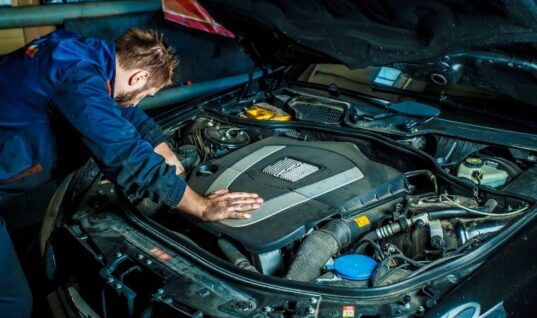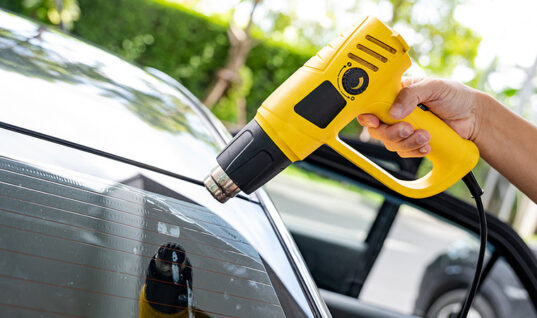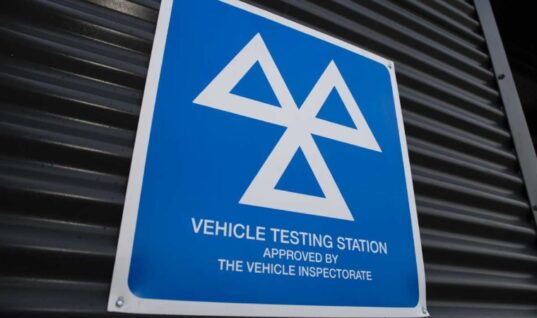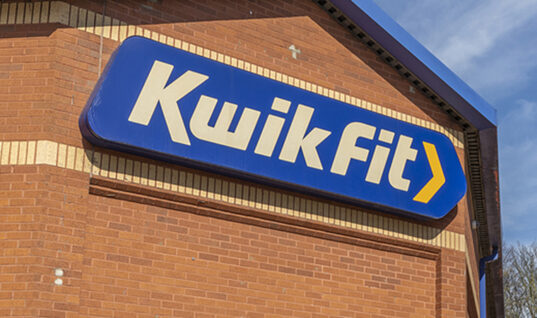Opus IVS has released details of diagnostic support its IVS 360 VAG team offered to a technician requiring assistance with intermittent heat problems.
Job sheet
Makes and models: Audi A3 (8V chassis), VW Golf (mk7), Seat Leon (5F chassis), Skoda Octavia (7N chassis).
Problem: Cabin heating not getting hot or producing intermittent heat and contaminated coolant in reservoir.
Cause: Dirt particles in the cooling circuit can cause the heat exchanger to block up.
To repair, the Opus IVS team advised flushing out the heat exchanger in the opposite direction to flow (max pressure of 2bar) and flushing out the cooling system with the cleaning kit G 052 525 A3.
To flush the cooling system, it must be drained once the has reached operating temperature where the thermostat has opened.
Clean out the heat exchanger by removing both of the hoses on the bulkhead for the heat exchanger, blow air through the bottom of the two pipes (opposite direction to flow with Max 2 bar of air) to clear out the coolant then re-fit back onto correct pipes.
Fill the coolant system with three litres of the cleaning fluid and coolant to the correct mixture ratio before running the engine for 90 minutes.
Drain the cleaning fluid out and fill the cooling system with three litres of the neutraliser and coolant to the correct mixture ratio before running the engine for 15 minutes.
Next, drain the neutralising fluid out, fill the cooling system with coolant to the correct mixture ratio and run the engine for ten minutes.
Finally, drain the coolant.
If the coolant reservoir has been heavily contaminated (bearing in mind the level sensor is in here) then replace it.
Some tanks have a silica packet inside, so if this is the case this will also need to be replaced with the correct one.
Fill the cooling system with coolant to the correct mixture and content.
Book times
System flush and repair: 4.6 hours
Expansion tank replacement: 0.4 hours
Heat exchanger replacement: Depending on vehicle but between 1.9 – 2.9 hours
Further repairs
You may also need to carry out a full functionality test.
If there are still heating issues with the temperature, then the heat exchanger may need to be replaced.
Opus IVS helps independent automotive workshops repair the most complex vehicles fast with diagnostics, programming and live repair guidance from OE brand-specific master technicians.
As vehicles become technologically advanced, the specialists enable independent automotive workshops to get them back on the road safely.
Powered by Autologic, Opus IVS is committed to helping workshops complete repairs with intelligent vehicle support today, for a safer world tomorrow.
An Opus spokesperson said: “We deliver beyond the scope of general scan tool diagnostic capabilities, with our IVS 360 live repair guidance support service.
“The IVS 360 team is made up of OEM brand-specific master technicians who deliver the specialist guidance to customers, who when require support, have instant access and dialogue to capabilities directly from their Opus IVS diagnostic devices.
“Using the market leading diagnostic software from DrivePro, Autocom, Autoenginuity and extensive product knowledge, the IVS 360 team identifies the cause and steps needed to fix vehicle faults.
“IVS 360 provides technicians with the confidence to repair the most complex vehicles fast with live repair guidance.”







